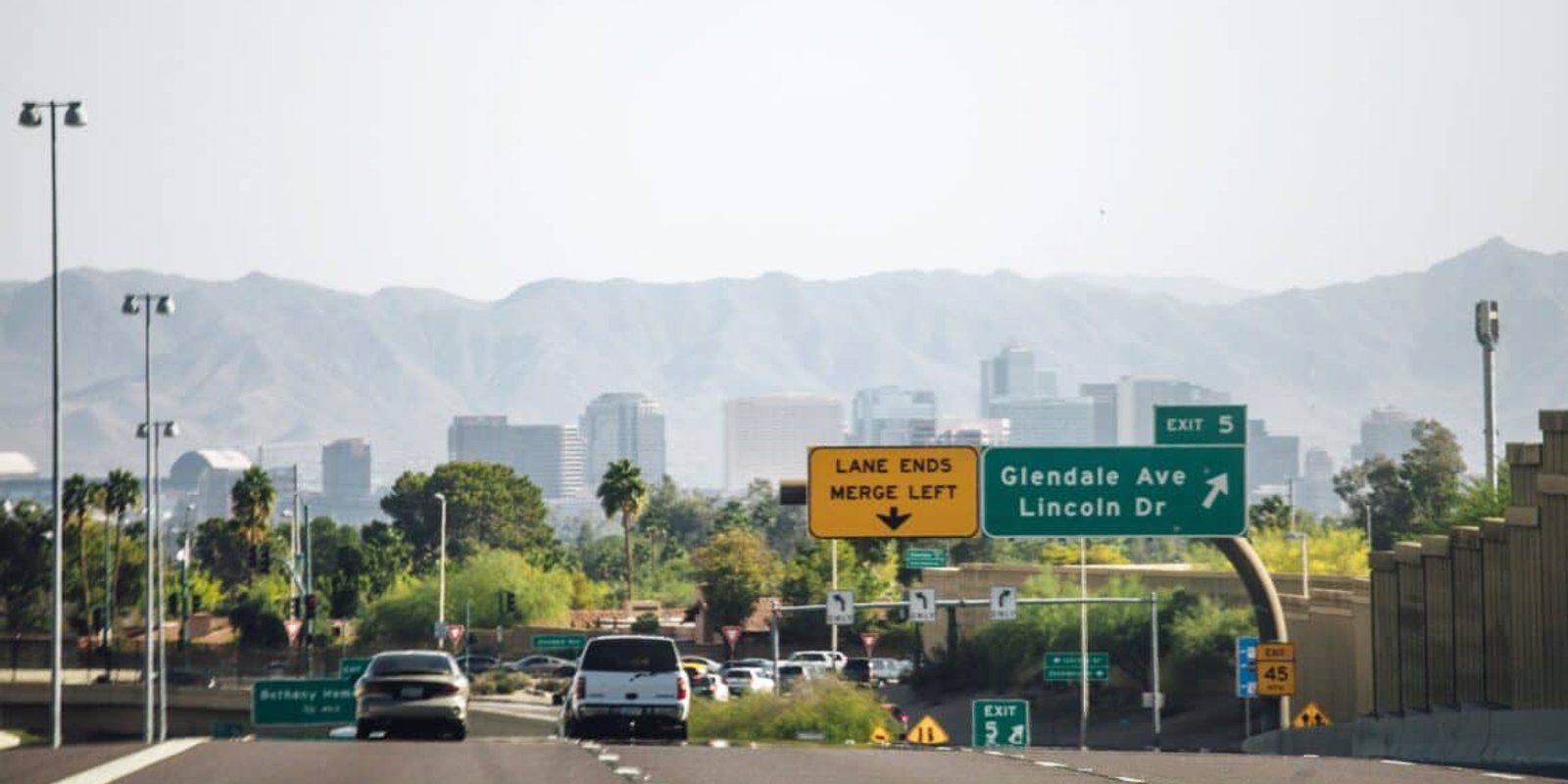Who Gets The Insurance Check When a Car is Totaled?
In the aftermath of a severe car accident, one of the pressing questions that arises is, “Who gets the insurance check when a car is totaled?” This question carries significant weight as it directly impacts the financial outcome of the parties involved. In this comprehensive guide, we delve into the intricacies of insurance payouts for totaled cars, examining the various scenarios and factors that influence the distribution of funds.
What Does Totaled Car Mean?
When an insurance company declares a car “totaled,” it signifies that the cost of repair exceeds the vehicle’s actual cash value (ACV). This decision is frequently made when the damage is so severe that fixing the vehicle would be neither safe nor cost-effective. ACV is determined based on the following factors:
- Car’s age
- Mileage
- Condition
- Market value
Essentially, if the cost of repairs exceeds a certain percentage (usually around 75-80%) of the car’s ACV, it is considered totaled.
When Do Insurance Companies Total a Car?
Insurance companies typically total a car when the cost of repairs exceeds a certain threshold in relation to the car’s actual cash value. This threshold varies among insurance companies but is generally around 75-80% of the ACV. However, in some cases, if the damage is severe enough, the insurance company may decide to total the car even if the repair costs are lower than this threshold. Factors such as safety concerns and state regulations also play a role in the decision-making process.
What Happens When Your Car is Totaled?
When your car is totaled, the insurance company will assess its actual cash value (ACV) and compare it to the cost of repairs. If the cost of repairs exceeds a certain percentage of the ACV (usually around 75-80%), the insurance company will declare the car a total loss. At this point, you have several options: you can accept the insurance company’s settlement offer, negotiate for a higher payout if you believe the offer is too low, or choose to retain the salvage and repair the car yourself.
If My Car is Totaled, Will the Insurance Pay It Off?
If your car is totaled, the insurance company will typically pay you the actual cash value (ACV) of the vehicle at the time of the accident, minus any deductible that applies to your policy. This payout is intended to compensate you for the loss of your vehicle. However, it’s important to note that the insurance company will only pay up to the policy limit for your vehicle, so if you owe more on your car loan than the ACV, you may still be responsible for paying off the remaining balance.
Who Gets the Insurance Check When a Leased Car is Totaled?
When a leased car is totaled, the insurance check typically goes to the leasing company, since they technically own the vehicle. However, if you have gap insurance, it may cover the difference between the insurance payout and the remaining balance on your lease agreement. Without gap insurance, you could be responsible for paying off the remaining balance out of pocket, unless the leasing company offers some form of forgiveness or assistance.
How Much Will Insurance Pay for My Totaled Car?
The amount that insurance will pay for your totaled car is determined by numerous criteria, including the car’s actual cash value (ACV) at the time of the accident, the extent of the damage, and the conditions of your insurance policy. Typically, insurance companies will pay you the ACV of your car, minus any deductible that applies to your policy. It’s important to review your policy and understand your coverage limits to ensure you receive fair compensation for your totaled vehicle.
Who Gets the Insurance Check When a Car is Totaled?
When a car is totaled, the insurance check is typically made payable to the vehicle owner, unless there are specific circumstances, such as a leased car or a lienholder on the title. In those cases, the insurance check may be issued directly to the leasing company or lienholder to satisfy any outstanding financial obligations. If you own the vehicle outright, you will receive the insurance payout, which you can use to repair or replace your totaled car as you see fit.
11 Most Common FAQs About Insurance Payouts for Totaled Cars
1. How long does it take to get the insurance check for a totaled car?
The timeframe for receiving the insurance check for a totaled car can vary depending on factors such as the complexity of the claim, the efficiency of the insurance company’s processes, and any potential disputes or negotiations. In general, insurance companies strive to expedite the claims process and issue payouts promptly, but it can take anywhere from a few days to several weeks to receive the insurance check.
2. How Long Does it Take for Insurance to Pay Out a Total Loss?
Insurance firms typically strive to process complete loss claims swiftly in order to provide financial relief to policyholders. However, the exact timing may differ based on the insurer’s procedures, the nature of the damage, and any necessary investigations or evaluations. Typically, you can anticipate to receive your whole loss reimbursement within a few days to a few weeks.
3. What happens when insurance totals your car?
When an insurance company determines that your car is totaled, it means that the cost of repairs exceeds a certain threshold in relation to the car’s actual cash value (ACV). In such cases, the insurance company typically issues a total loss settlement, which involves compensating you for the ACV of the vehicle minus any deductible. The car may be salvaged or sold for scrap, and you may have the option to retain salvage rights if desired.
4. What happens when your car is totaled but still drivable?
If your car is deemed totaled but remains drivable, you may still receive a total loss settlement from the insurance company based on the cost of repairs exceeding the car’s actual cash value (ACV). You may continue to drive the vehicle until the insurance settlement is finalized, after which you may choose to retain salvage rights or relinquish ownership of the car to the insurance company.
5. Why do insurance companies total cars with little damage?
Insurance companies may choose to total cars with relatively minor damage if the cost of repairs exceeds a certain percentage of the car’s actual cash value (ACV). Even seemingly minor damage can result in significant repair costs, particularly if it affects critical components such as the frame or drivetrain. Additionally, factors such as safety concerns, state regulations, and the potential for hidden damage may influence the decision to total a car.
6.** **Totaled car value
The totaled car value is typically determined based on its actual cash value (ACV) at the time of the accident. Insurance companies assess the ACV by considering factors such as the car’s age, mileage, condition, and market value. The insurance payout for a totaled car is typically calculated based on its ACV minus any deductible applicable to the policy.
7. How much damage does a total car?
The threshold for totaling a car varies among insurance companies but is generally around 75-80% of the car’s actual cash value (ACV). If the cost of repairs exceeds this percentage, the insurance company may declare the car a total loss. However, the exact threshold and criteria for totaling a car may vary depending on state regulations, insurer policies, and specific circumstances.
8.** **Total loss settlement
A total loss settlement refers to the compensation provided by the insurance company when a car is deemed totaled. This settlement typically involves paying the policyholder the actual cash value (ACV) of the vehicle at the time of the accident, minus any deductible. The total loss settlement aims to indemnify the policyholder for the loss of the vehicle and may also include additional expenses such as towing and storage fees.
9. Total loss car
A total loss car, also known as a totaled car, is a vehicle that sustains damage beyond a certain threshold, resulting in the cost of repairs exceeding its actual cash value (ACV). When an insurance company declares an automobile a total loss, it may be salvaged or sold for scrap, and the policyholder is normally paid a total loss payment based on the vehicle’s ACV minus any deductible.
10. How to get the most money from insurance for a totaled car?
To maximize the insurance payout for a totaled car, consider the following steps:
– Ensure comprehensive documentation of the damage through detailed photographs and written descriptions.
– Obtain multiple repair estimates to ensure accuracy and completeness.
– Review your insurance policy to understand your coverage limits and rights.
– Consider negotiating with the insurance company if you believe the initial settlement offer is inadequate.
– Consult with a trusted attorney or insurance professional for guidance on navigating the claims process effectively.
11. What happens if you total a financed car with full coverage?
If you total a financed car with full coverage insurance, the insurance payout typically goes towards paying off the remaining loan balance on the vehicle. The insurance company will issue a total loss settlement based on the car’s actual cash value (ACV) at the time of the accident, minus any deductible. If the insurance payout exceeds the outstanding loan balance, you may receive the remaining funds after the loan is settled. If the payout falls short, gap insurance may cover the difference, depending on the terms of your policy.
Get Help Now
At Phoenix Accident and Injury Law Firm near you, we have more than 15 years of experience helping clients obtain compensation for their personal injuries, including those from totaled car accidents in the Phoenix area. When you’re ready to talk, please contact our office to arrange a free initial consultation by phone or at our Chandler office, conveniently located near you.
If you have been in a totaled car accident, contact Phoenix Accident and Injury Law Firm in nearby Chandler, AZ to speak with an experienced personal injury attorney. We provide personal injury legal services to clients in your area including Chandler, Gilbert, Mesa, Scottsdale, Tempe, and Peoria.











